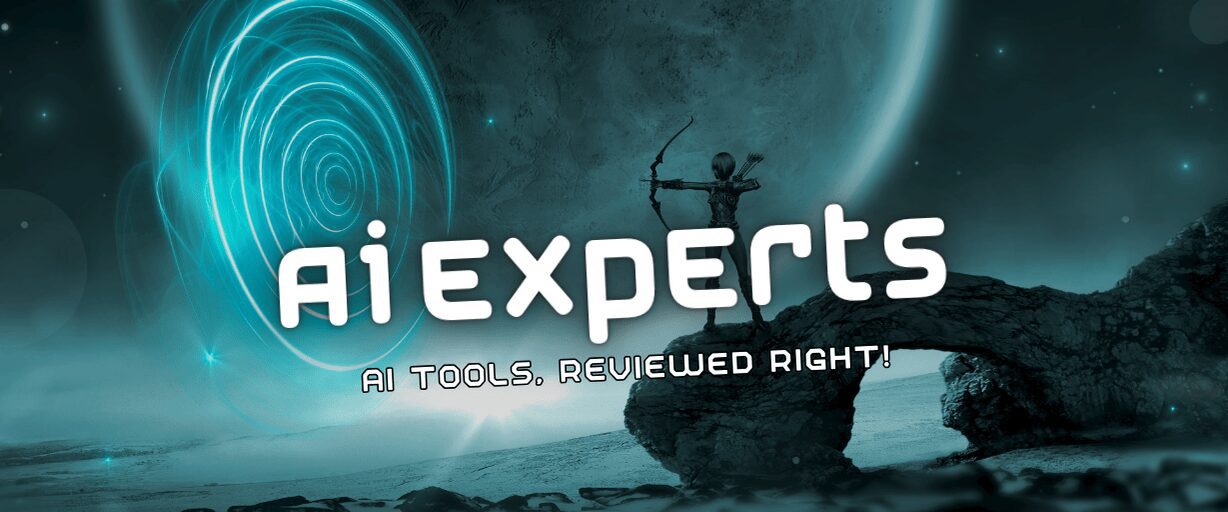Devin AI Explained: Can Artificial Intelligence Replace Software Engineers?
Introduction to Devin AI: The Future of Automated Software Development
Devin AI is revolutionizing the software development industry by introducing a new standard for autonomous coding. Developed by Cognition Labs, this AI system has been designed to function as a full-stack software engineer, taking artificial intelligence to a new height. Unlike earlier code-generation tools, Devin doesn’t just assist developers—it executes, tests, and deploys solutions independently.
With growing interest in AI automation in programming, one critical question arises: Can Devin AI truly replace human software engineers? In this article, we’ll explore Devin’s features, its real-world capabilities, potential use cases, and the implications for the future of software development.
What Sets Devin AI Apart from Other Developer Tools
Autonomous Software Engineering at Scale
Devin AI is not merely a code suggestion tool; it acts as a self-sufficient software development entity. Given a task, Devin breaks it down, plans a strategy, writes the code, runs tests, and deploys the final product—all without human intervention. This ability positions Devin as a disruptive force in the software engineering landscape.
Fully Integrated Development Environment
Devin operates within a sandboxed, persistent virtual environment that mimics a human developer’s workspace. It utilizes:
- A command-line interface for shell commands
- A file editor for writing and editing source code
- A browser to conduct research or reference documentation
- Integration with GitHub for version control
- Support for continuous deployment pipelines
This environment enables seamless development cycles, making Devin capable of handling tasks from start to finish.
Multi-Language Proficiency
Devin AI is designed to be language-agnostic. Whether you’re working with Python, JavaScript, C++, Java, or Rust, Devin understands the syntax, semantics, and best practices of each programming language. This polyglot capability allows teams to leverage Devin for projects across multiple tech stacks.
The Capabilities of Devin AI: What It Can Do Today
End-to-End Task Execution
Devin can take a product requirement and convert it into a live, functional application. This includes:
- Reading documentation or bug reports
- Creating project structure and dependencies
- Writing test cases and unit tests
- Debugging and refining code
- Deploying to cloud platforms like AWS or Heroku
Bug Fixing and Code Optimization
Devin is trained to recognize common software bugs, trace errors through logs and stack traces, and implement fixes. It doesn’t stop at resolving issues—it refactors code for clarity and performance, applying modern best practices.
Documentation and Test Automation
Another powerful feature of Devin AI is its ability to generate comprehensive documentation for codebases and create automated test scripts. This promotes cleaner code and reduces the manual effort required during QA cycles.
Devin AI vs. Human Software Engineers
Productivity and Speed
Devin AI outpaces human developers in terms of raw speed. Tasks that take hours or even days for human engineers can be completed by Devin in a fraction of the time. This includes everything from setup and development to deployment and monitoring.
Reliability and Consistency
Humans are prone to errors, fatigue, and inconsistencies. Devin, by contrast, delivers consistent performance 24/7, making it ideal for projects with tight deadlines and high uptime requirements.
Adaptability
While developers might specialize in certain languages or frameworks, Devin can adapt to multiple technologies in real time, making it a flexible and scalable solution for varied development tasks.
Limitations of Devin AI: What It Can’t Do (Yet)
Despite its groundbreaking capabilities, Devin AI is not without limitations:
- Lacks Human Intuition: Devin can’t interpret ambiguous requirements or exercise critical thinking like experienced developers.
- Dependency on Input Quality: If the task description is vague or poorly structured, Devin might generate flawed or irrelevant solutions.
- Security and Compliance Risks: Autonomous code generation poses risks related to vulnerabilities, data protection, and regulatory compliance.
- No Emotional Intelligence: In collaborative settings, Devin cannot engage in empathetic communication, negotiation, or cultural alignment.
Use Cases Where Devin AI Can Excel
Rapid MVP Development
Startups and entrepreneurs can leverage Devin AI to build minimum viable products (MVPs) without hiring a full engineering team. Devin can help launch apps and services with lower overhead and faster delivery timelines.
Legacy Code Refactoring
Organizations with outdated codebases can use Devin for automated refactoring, improving performance, security, and maintainability without starting from scratch.
Test Automation and CI/CD Integration
Devin integrates smoothly with DevOps pipelines, automatically writing tests, deploying applications, and monitoring performance metrics. This ensures faster release cycles and reliable rollouts.
Technical Documentation
Devin’s ability to auto-generate clean, structured documentation helps reduce the knowledge gap within teams and improves onboarding processes for new developers.
How Devin AI Will Shape the Future of Software Engineering
Changing Developer Roles
Rather than replacing developers entirely, Devin AI will transform software engineering roles. Engineers will evolve from coders to strategic planners, architects, and AI supervisors. Their job will be to define goals, audit output, and ensure alignment with business objectives.
The Rise of Hybrid Development Teams
Future software teams will consist of human-AI hybrids, where AI handles execution and humans focus on strategy, creativity, and innovation. This model will lead to:
- Smaller, more agile teams
- Lower development costs
- Faster innovation cycles
Democratization of Development
With tools like Devin, non-technical professionals can conceptualize and launch digital products. This democratizes access to technology and promotes innovation in underserved industries and communities.
Will Devin AI Replace Software Engineers Completely?
Not Entirely—But It Will Disrupt the Landscape
Devin AI is not a complete replacement for software engineers, but a powerful complement. It will likely:
- Replace some junior-level or entry-level developer roles
- Enhance the productivity of mid-level and senior engineers
- Reduce the cost and complexity of developing and maintaining software
In the long term, engineers who adapt and learn to collaborate with AI systems like Devin will thrive. Those who resist this shift may find their roles becoming obsolete.
Conclusion: Embracing the New Era of AI-Powered Software Development
Devin AI marks a monumental shift in how software is built. By delivering end-to-end automation, multi-language support, and real-time deployment, Devin AI is not just another tool—it’s a partner in development. While it won’t completely replace human engineers today, it reshapes the engineering workflow and offers a glimpse into a future where AI plays a central role in software creation.
Companies and developers must adapt to this change or risk falling behind. The most successful teams of tomorrow will be those who learn to work alongside AI, leveraging its strengths while applying the human touch where it’s most needed—in vision, ethics, creativity, and empathy.
If you want to read more information about Top AI-Powered Graphic Design Tools for Beginners just click on it!

